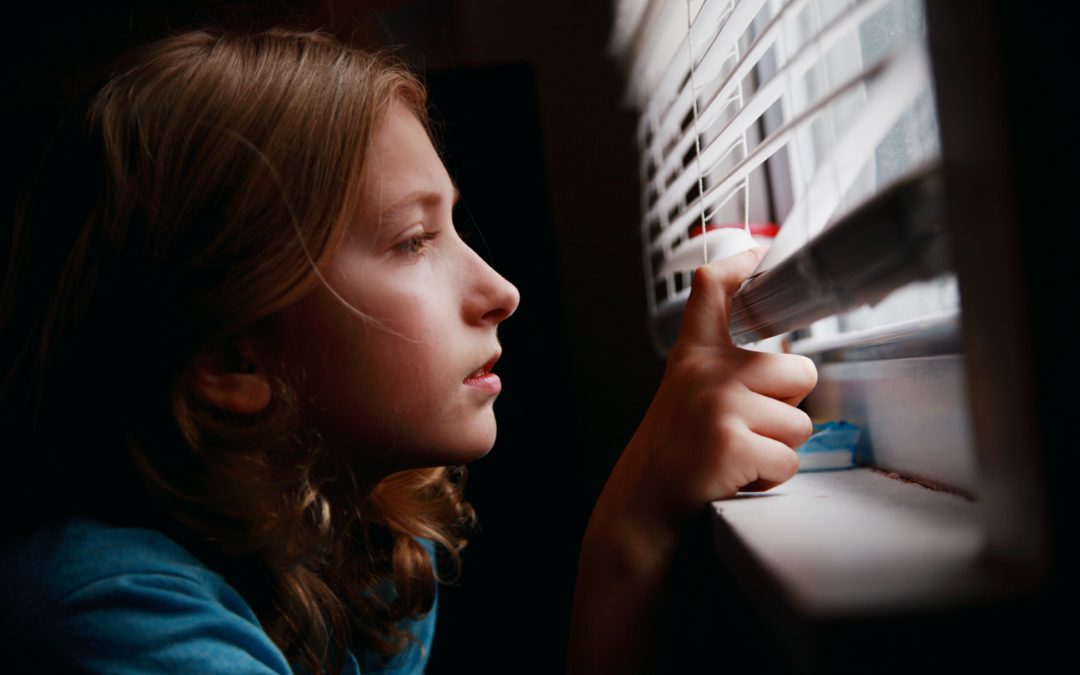Teenagers and young adults have amplified innate, developmental motivations that make them hard to isolate at home. The hormonal changes that come with puberty conspire with adolescent social dynamics to make them highly attuned to social status and peer group. Friends feel like everything. Social isolation is hard for people of all ages, but it is more profoundly distressing for adolescents—especially if they think that their friends are all hanging out without them.
In addition, their hard-wired intensity to social status makes them super touchy about whether or not they are being treated like children. Their most significant developmental job during adolescence is to become their own person, to leave the nest and become independent and to be out from under parental control. It is understandable that they feel infantilized when ordered to shelter in place.
We need to work with their existing motivations instead of trying to persuade them by brilliant, logical, and passionate arguments that conflict with their inner, developmental motives. By treating them like competent young adults rather than little kids, we will help them help themselves.
We can learn to walk alongside them by:
- Expecting them to contribute to the household in meaningful ways. They can help with meal prep and household cleaning. We expect our kids to keep family spaces clear of their belongings and also to help with actual cleaning by vacuuming and wiping down the counters. Being nice to their siblings—keeping conflict low amid tight quarters—are meaningful contributions.
- Allowing them to manage themselves, their own schoolwork, and their other responsibilities without nagging or cajoling. This does not mean that we won’t set expectations or establish the structure and support they need to function in this new reality. Nor does it mean that we won’t be engaged with them. It does mean that we give them space to operate freely within the limits we agree to as a family. We set them up for success!
- Asking them to help us with our work to the extent that they can. Have a family calendar that has “do not disturb” times on it for each member. Make signs for quiet spaces to indicate if the person on the other side of the door is available. DEFINE clearly emergencies that would constitute an interruption.
- Remaining curious by using non-controlling, non-directive language. One good way to do this is to ask them questions instead of telling them what to do. For example: “Is there anything that I can do to help you get some exercise today?” Help them get in touch with their own motivations and intentions by asking: “What’s your plan?”. Often teens simply need to make a plan, and sometimes if they aren’t asked to articulate it, they won’t do it or can’t do it, again help them be successful!
- Acknowledging that all of this is so hard. Many students coming home from school are experiencing great losses right now. Their feelings of grief, anxiety, stress, and isolation are hard to cope with. One of the great lessons of adulthood is that they can do hard things.
- Emphasizing their social value—how their lives have a purpose, meaning, and impact on other people. While Generation Z’s impact on this global pandemic might be obvious to us adults, is it obvious to our teens and young adults? Try asking them and then answer for yourselves:
- Do you see how your actions are directly affecting the course of this crisis?
- What do you truly care most about in this crisis?
- Who can you help, and who are you concerned that you might harm? How can you use your skills to help the world right now?
- What strength can you use that will help you be part of a solution?
- Your children are going to ask you about the role you played during this pandemic. What will you tell them?
The best outcome right now is that we get the virus under control before our hospitals are collapsing. If this happens quickly, your family might accuse you of being too aggressive. They may be angry with you for having unnecessarily ruined a few weeks of their lives.
No matter what happens, there are incredible, urgent life lessons here. We are teaching our kids both directly and through our own example how to take responsibility—not just for ourselves and our immediate family, but for our local and global community, as well.
We are all being called to demonstrate our character and commitment to others and to the greater good. Our young people are being called, too. Let’s give them the opportunity to step up.


